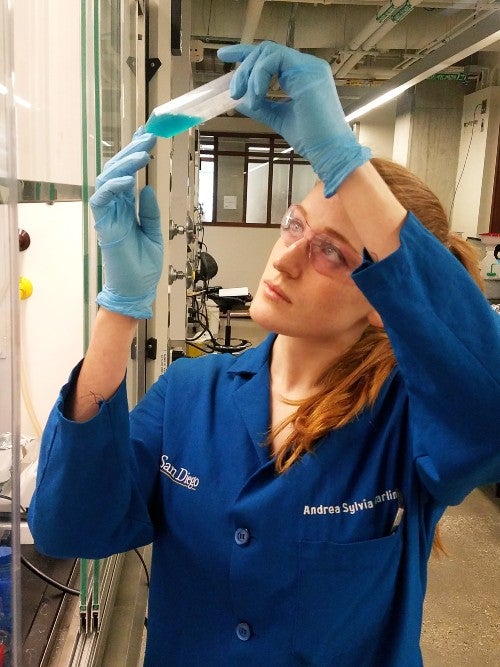Structurally Dynamic Materials and Wearable Devices for Advanced Bioengineering
In recent years, stimuli-responsive materials and smart devices have provided innovative strategies for advanced tissue engineering applications. Specifically, structurally dynamic polymers and peptides that produce a macroscopic response through molecular rearrangement show great potential for targeted therapeutic delivery. Simultaneously, wearable devices engineered for biosensing are providing non-invasive strategies for continuous health monitoring outside of the clinic. In this seminar, I will discuss proof-of-concept platforms for minimally invasive delivery and targeted accumulation of injectable biomaterials at the site of damaged heart tissue, post-myocardial infarction (MI). Next, I will cover the development of flexible, non-invasive, wearable devices for monitoring disease progression in hemodialysis patients. Notably, these technologies utilize thermal flow sensing and colorimetric pH sensors for quantitative feedback. Ultimately, fusion of simple polymer chemistries that exhibit complex behavior into autonomous sense-response-feedback devices have the capacity to tackle the most advanced biomedical problems that persist today.
Thursday, December 16
9:00-10:00 AM in EDUC 110 or via Zoom
About the presenter
Andrea S. Carlini is a Postdoctoral Fellow at Northwestern University in Evanston, IL. Her research interests include bio-integrated electronics and stimuli-responsive hydrogels and nanoparticles for biomedical applications.